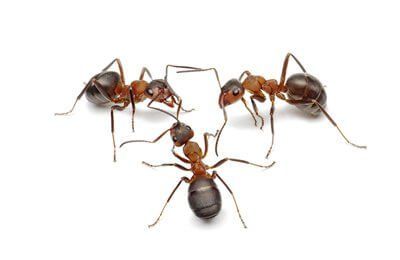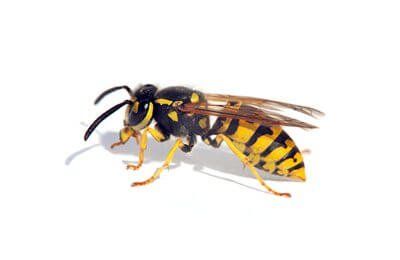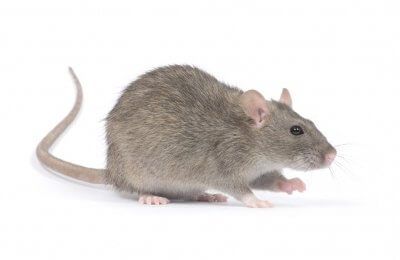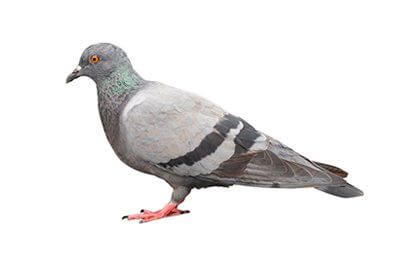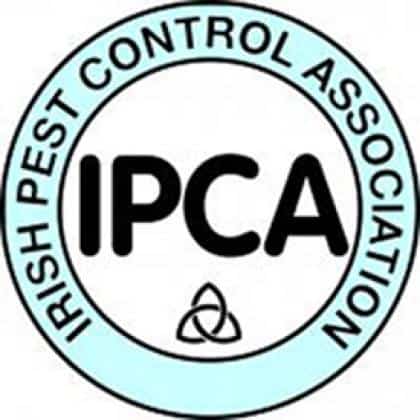Pest Identification Library
Research your Pest using our Pest Guide
Find out what insects or other bugs are pestering you, see pest pictures, understand their biology and habits. Learn how to prevent a pest infestation by checking Owl's pest guide for Irish pests.
Did you find signs pest infestation in your home or suspect pests to be around? Identifying the pest is the first step towards getting rid of it.
Rodents
The thought of a four-legged pest scurrying across your kitchen floor should be incentive enough to invest in some time learning how to exclude rodents now and not wait until it is too late. Rodent problems can quickly become unmanageable and pose a threat to a homeowner’s health and quality of life. From tracking salmonella and Hantavirus to damaging food items, wires or insulation, there are several negatives of a rodent infestation. This simply reinforces the need for exclusionary tactics. Smart prevention and the help of a professional rodent control expert can help to make rodents a non-issue this winter.
First things first…
The calling cards of a rodent infestation are important to understand, so that you know exactly what to look out for as rodents start making their way indoors in search of warmth and sustenance.
- Droppings: Rodents leave behind faecal droppings around 70 times per day. That’s certainly something that should catch a homeowner’s eye. Look in food and storage areas where rats and mice tend to hide.
- Urine Trails: Mouse urine has the ability to cause allergies in some children. These can also attract more mice, often found along the walls or the floor.
- Gnaw marks in food containers: This is a sure-fire sign that your home is experiencing some type of rodent infestation.
The best way to avoid having to seek out rodent calling cards in the first place? Exclusion. When rodents can’t get in they can’t cause problems, and this should be a key aspect of your home maintenance plan this season.
Prevention Tips
If your rodent problem is already out of control, consider hiring a professional pest control company such as IPM Environmental Services to send unwanted guests packing. We’ll help you quickly get the toughest pest problems under control.
If you do happen to find a hole or gap throughout your property, be sure to use a sealant that is rodent-proof. This will ensure that they do not gain or regain entry.
- Look for entry points: Diligently inspect the exterior of your home for any gaps or holes. A rodent can sneak into your home through a hole that is as small as a coin, so make sure to check closely.
- Seal your food properly: Rodent-proof containers like plastic bins and metal cannisters are an effective means of making sure your food is not contaminated by a potential rodent issue.
- Remain vigilant: Be on the lookout for droppings, wall markings, damaged packaging or actual pests.
- Create barriers: Keep food and drinks tightly sealed in rodent-proof containers such as plastic bins and metal canisters.
- Sweep away crumbs: Rodents aren’t picky. Keep a tidy home and wipe up any and all food spills immediately.
- Search for entry points: The smallest opening can lead to big rodent problems, so inspect your property regularly.
- Clear clutter: Every rodent wants a nice place to hide and excess cardboard and other such materials make perfect nests.
- Check your kitchen for hidden entry points: Rodents are most likely to be found here, so search behind appliances within cabinets and pantries.
- Don’t forget storage areas: Attics and basements tend to fall to the wayside when it comes to home maintenance, but you should certainly check these now for potential access points.
- Eliminate shelter: Make sure wood and turf piles are kept a safe distance from the house. These become shelters for rodents in the wintertime.
- Clean up: Clear up debris and clutter throughout your property, not just on the inside of your home.
Rodents shouldn’t be given the chance to enjoy your warm and comfortable home with you this winter. Knowledge and exclusion will ensure a safe, pleasant, rodent-free winter and holiday season for you and your family.
As cooler weather approaches, we all begin to migrate indoors and spend less time outside. Unfortunately, cold weather and long nights also bring unwanted houseguests who move indoors to escape the elements. A few hours spent excluding access to your home from wintering rodents can save you the worry of having to deal with them in your house later on.
Rodents Leave Calling Cards
Rodents, particularly mice, can create some angst during the cooler months, as they move into walls, attics and furniture seeking warmth and food. In some cases they can appear in large numbers, particularly if their normal resting places have been disturbed. Discretion is not their forte as you can typically find evidence of their existence through droppings, urine trails, gnaw marks on food boxes and scampering and rustling sounds - particularly at night.
As cute as they may be (or as cute as some of you might think they are), rodents present serious health risks as they can carry a variety of diseases such as the potentially fatal Hantavirus. Rodents can also transport bacteria such as salmonella into your food.
An Ounce of Prevention
Food and water are the primary draw for rodents moving in, and in homes that sit near large water sources they can be a particularly bad problem. It would be very difficult to remove food from your home, but there are steps you can take to seal food in containers that are rodent-proof such as plastic bins and metal canisters.
One step that goes a long way in preventing rodents from getting into your home is inspecting your property for gaps and holes where rodents can enter. Mice can squeeze through holes the size of a coin, so be sure your inspection is thorough. Start with the kitchen by looking behind cabinets and appliances, but also check closets (especially the corners), around doors, under sinks, around drains and where floors and walls join together. Don’t forget about crawl and attic spaces as well.
You’ll need to seal holes with materials that rodents can’t gnaw through such as hardware cloth, cement or metal sheeting. Seal any gaps or holes the size of a pencil or larger with plenty of caulking or other sealant product.
You can also do things around your property to discourage rodents from establishing themselves. Keep nesting materials and shelter sites such as woodpiles and vegetation away from your house. Your property should also be kept free of debris, rocks and logs that mice can make their homes. Other things to look out for include old cars and appliances which should be removed.
As an added precaution, you may want to consider placing mouse traps strategically around your home to catch any rodents that do happen to find their way inside. Clean up dead mice and any droppings or urine they leave behind with care, using latex gloves and a face mask. Anytime you handle dead mice or their droppings, you should consider the possibility of disease transmission. Hantavirus is one of the most serious diseases that can occur with rodent contact due to the severe respiratory distress it causes. You may also want to consider hiring professionals such as IPM Environmental Services to minimise the risk to you and to ensure that the removal of dead rodents and their droppings is thorough.


